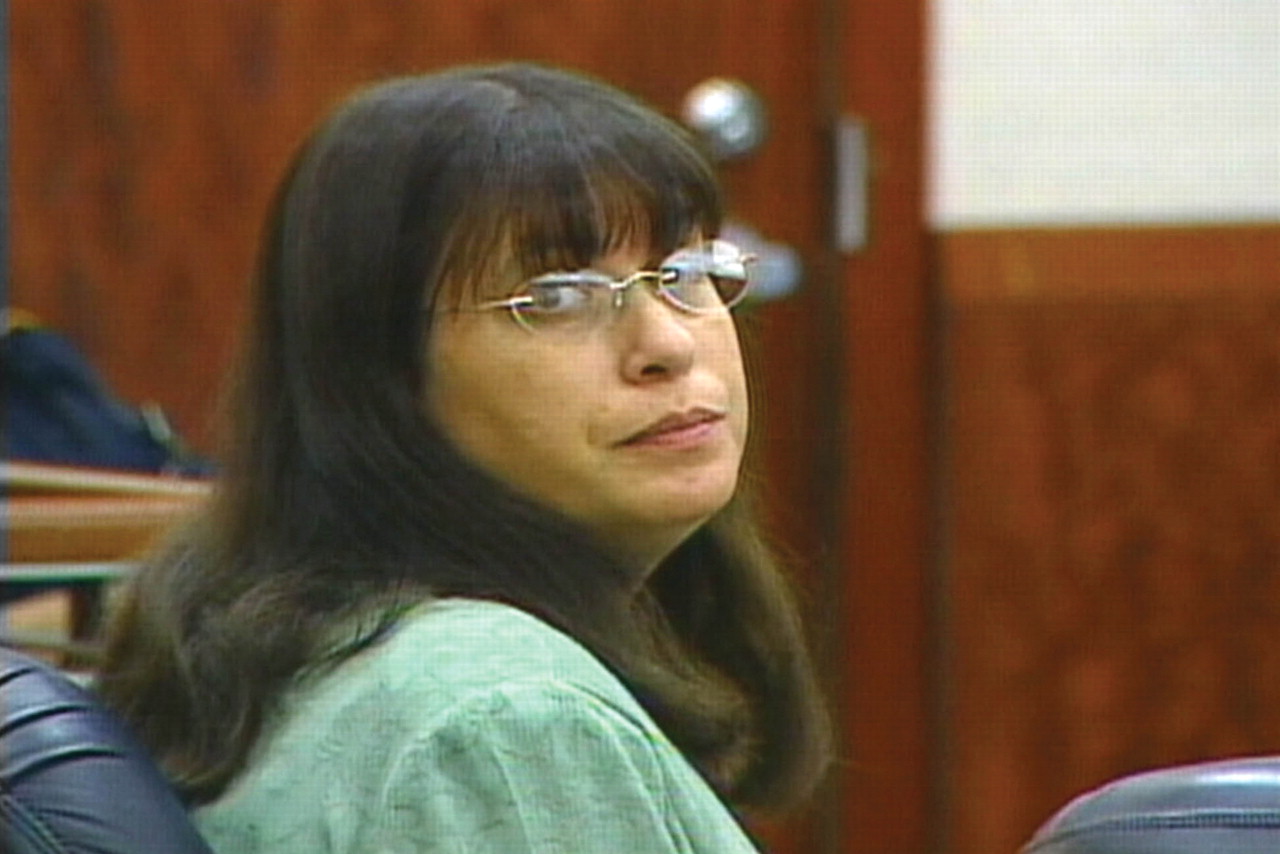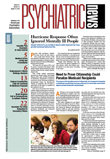Andrea Yates, the Houston woman convicted in 2002 of killing her five children, was found not guilty by reason of insanity in a retrial after her original convictions were overturned earlier this year.
Shortly after the July 26 verdict, Yates was transferred to Vernon State Hospital, a maximum-security state mental health facility in north Texas.
The now 42-year-old Yates had been sentenced to life in prison for drowning her five children in a bathtub in June 2001. Although her attorney had argued in the first trial that Yates was legally insane at the time she drowned her children, she was found guilty.
Under Texas law, the standard for a verdict of not guilty by reason of insanity hinges on whether the defendant knew that his or her behavior was wrong.
Yates petitioned for a mistrial when a forensic psychiatrist, Park Dietz, M.D., who was an expert witness for the prosecution, informed prosecutors that he had given incorrect testimony. The trial court rejected Yates' petition for a mistrial, but this ruling was overturned by the Court of Appeals for the 1st District of Texas. A new trial was ordered on January 6, 2005 (Psychiatric News, February 4, 2005).
The verdict from Yates's second trial was welcomed by mental health advocates, including APA leaders. “It is a great relief to hear that justice has prevailed,” said APA Vice President Nada Stotland, M.D.“ It's heartbreaking that she was convicted in the first place.”
Stotland, who had appeared on CNN to talk about postpartum psychosis during the first trial, spoke of some of the public anxieties, perceptions, and misperceptions aroused by the sensational killings.
“It was clear that some people were swayed by their intense feelings about the sanctity of motherhood,” she said. “They could not accept any excuse for a mother harming her children. So they thought it was essential that the court send a message that would convince other mothers out there that they couldn't get away with harming their children.
“Others could not grasp the possibility that a person could carry out effective plans and activities while psychotic or on the basis of psychotic beliefs,” Stotland continued. “This is a recurring confusion in cases involving a psychotic defendant.
“There is also a persistent sense that society is too lenient overall, a belief that criminals are claiming insanity far more often than is the case and still far more often than this defense actually prevails. Many people simply don't believe in psychiatric conditions as genuine diseases. They feel that the punishment of those who break the rules is essential to the maintenance of a just society.”
Stotland said she believes the case provided an opportunity to inform the public about postpartum psychosis and reassure many mothers who experience postpartum depression that they are not likely to harm their babies.
Paul Appelbaum, M.D., chair of APA's Council on Psychiatry and the Law, said he believes it possible that the debate and discussion about serious mental illness and criminal responsibility generated by the first trial and its outcome may have influenced the verdict in the second.
“It's rare that public opinion directly shapes the outcome of a criminal trial,” he told Psychiatric News. “But I think this was one of those cases. After the first trial, in which a jury was so horrified by the crime that they gave short shrift to Yates' insanity plea, there was a tremendous public outcry and discussion of the issues. This included extensive discussion of the nature of postpartum psychiatric disorders, and of their potential impact on criminal responsibility, even in states like Texas with narrow insanity standards. And the general view in the media was that an injustice had been done.
Appelbaum also emphasized that the insanity plea, contrary to what many among the public are reported to believe, is very rare. “The best study of the use of the insanity defense was done by Henry Steadman and colleagues in the 1980s,” he said. “They showed that the defense was considered in under 1 percent of felony cases, successful in only about one-quarter of those cases, and its success usually due to all parties—prosecution and defense—agreeing to an uncontested insanity plea.”
APA did not issue an official statement following last month's not-guilty verdict. But during the first trial, the Association issued a press release saying it hoped the Yates case would lead to broad public discussion about the treatment of severely mentally ill individuals in the legal system.
“Advances in neuroscience have dramatically increased our understanding of how brain function is altered by mental illness and how psychotic illness can distort reality in very subtle ways, to the degree that black becomes white,” APA stated at the time of the first trial.“ Research also has led to development of more effective treatments. Unfortunately, public understanding has not kept pace with these advances.
“A failure to appreciate the impact of mental illness on thought and behavior often lies behind decisions to convict and punish persons with mental disorders. The victims of mental illness are sick—just as sick as if they had cancer or chronic heart failure—and, as human beings, deserve humane and effective treatment for their illness. Prisons are overloaded with mentally ill prisoners, most of whom do not receive adequate treatment.
“Defendants whose crimes derive from their mental illness should be sent to a hospital and treated—not cast into a prison, much less onto death row,” APA said. ▪

